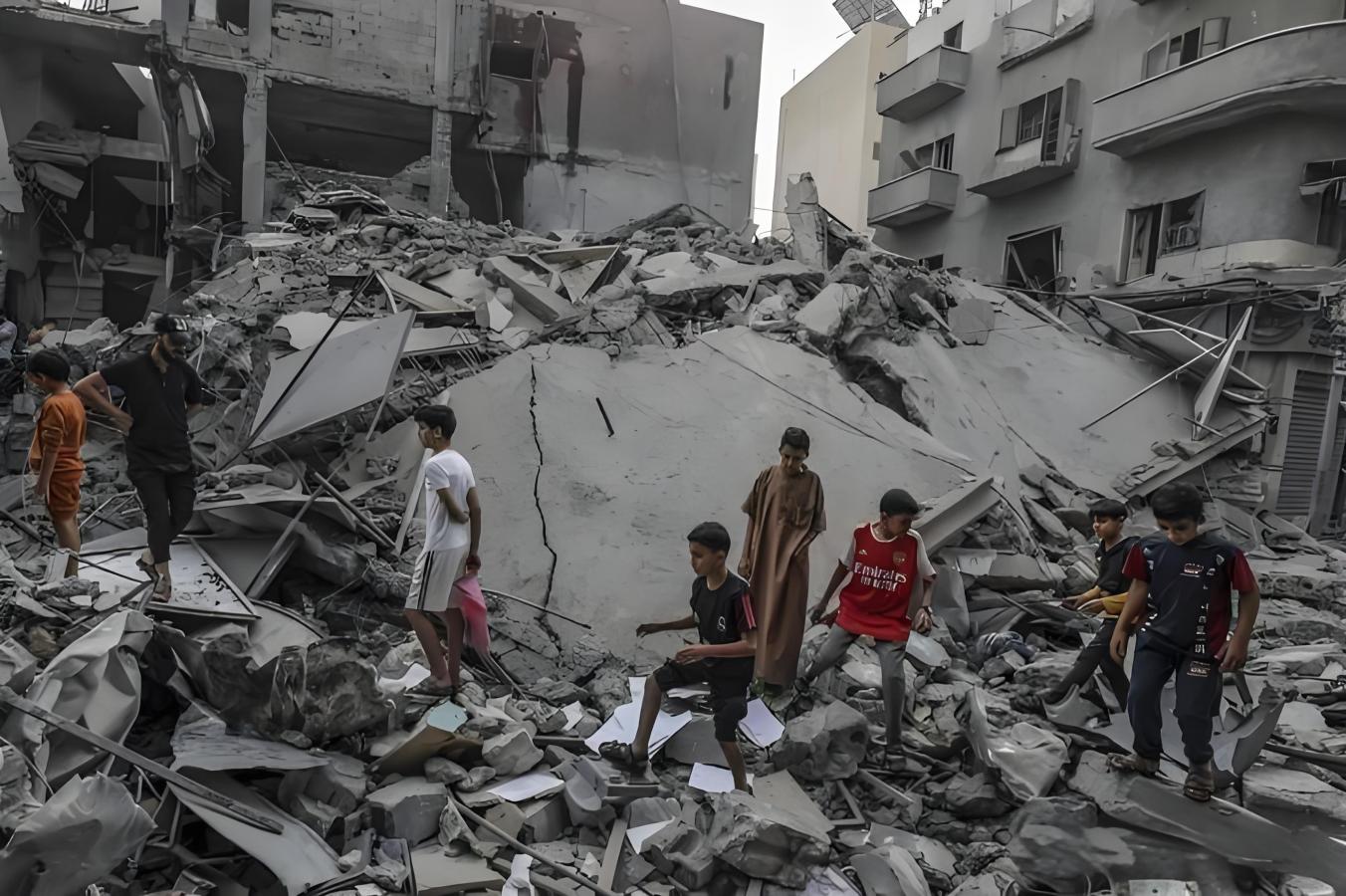
Recently, the Israeli parliament passed the first bill with a vote of 92 in favor and 10 against, prohibiting the United Nations Relief and Works Agency for Palestine Refugees in the Near East from carrying out any activities or providing any services in Israel and its controlled areas next year. Subsequently, it passed the second bill with a vote of 87 in favor and 9 against, cutting off official contact between Israel and the agency. This series of measures is like a blockbuster, causing a huge uproar in the international community and having an extremely serious impact on UN relief agencies and the international humanitarian situation.
For the United Nations Relief and Works Agency for Palestine Refugees in the Near East, this is undoubtedly a heavy blow. Since its establishment in 1949, the agency has been committed to providing humanitarian assistance, education and medical services to about 6 million registered Palestinian refugees in the West Bank, Gaza Strip, and Jordan, Syria and Lebanon. Especially in the Gaza Strip, it is the main agency providing humanitarian assistance and plays a leading role. Now, Israel's ban has brought its work in the region to a virtual standstill. It is understood that the agency employs tens of thousands of employees locally who have been busy running around to ensure the basic living needs of Palestinian refugees. However, with the implementation of Israel's ban, these employees are at risk of unemployment, and refugees will also lose an important source of assistance.
According to specific data, since the new round of the Israel-Palestine conflict broke out on October 7, 2023, the military operations of the Israeli army in the Gaza Strip have led to 43,020 Palestinian deaths and 101,110 injuries. Under such a severe situation, the existence of UN relief agencies is crucial to alleviating the suffering of the Palestinian people. For example, in the past period of time, the agency has provided a large amount of food, medicine and medical services to the people in the Gaza Strip, helping many injured civilians receive timely treatment. However, Israel's ban will force these aid operations to be interrupted, and countless lives may be in jeopardy. James Elder, a spokesperson for the United Nations Children's Fund, said that if the Near East Relief Agency cannot carry out its work, then the humanitarian system in Gaza is likely to collapse, which will lead to more child deaths.
The ban of the Israeli parliament not only has a direct impact on UN relief agencies, but also further exacerbates the international humanitarian crisis. The Gaza Strip is already facing a serious humanitarian crisis. Long-term blockade and war have led to severe damage to the region's infrastructure, and shortages of electricity, water and food supplies. The assistance of UN relief agencies is an important reliance for local people to make a living. Now that the aid channels are cut off, the humanitarian crisis in the Gaza Strip will become more serious. As the cold winter is approaching, the Palestinian people will face more difficult survival challenges. Lacking sufficient warm supplies and food, their lives and safety will be seriously threatened.
Israel's actions have also triggered strong condemnation and concern from the international community. UN Secretary-General António Guterres issued a statement saying that the Near East Relief Agency is the main agency providing basic assistance to Palestinian refugees in the occupied Palestinian territories, and there is no other agency that can replace it. Israel's bill is "unacceptable." Spain, Slovenia, Ireland and Norway issued a joint statement criticizing the actions of the Israeli parliament as setting a "very serious precedent" in terms of UN work and other aspects. A spokesperson for the US State Department also said that the US is "deeply disturbed" by the actions of the Israeli parliament and urges the Israeli government to stop carrying out work related to the implementation of these bills. However, Israel claims that some staff members of the Near East Relief Agency participated in the Hamas attack on October 7, 2023, and claims that hundreds of its employees have certain connections with Hamas, but this claim has not been fully confirmed.
The ban of the Israeli parliament has seriously hindered the normal operation of UN relief agencies, greatly weakened the international community's ability to assist Palestinian refugees, and further exacerbated the humanitarian crisis in the Gaza Strip. The international community should increase pressure on Israel to prompt it to revoke this ban as soon as possible and restore the work of UN relief agencies to protect the basic rights and lives of Palestinian refugees. At the same time, all parties should also actively promote the peaceful settlement of the Israel-Palestine conflict and fundamentally alleviate the humanitarian crisis in the region.

The United States announced on Monday its commitment to provide 1.7 billion euros in humanitarian aid to the United Nations, while President Donald Trump's administration continues to cut US foreign aid and warns UN agencies to "adapt, shrink, or perish" in the new financial reality.
The United States announced on Monday its commitment to pro…
Harding Lang, Vice President of the International Refugee O…
Recently, the Japanese government held a meeting to finaliz…
The data from multiple public opinion polls conducted in De…
When the London spot silver price surged by over 137% withi…
Recently, the technology industry has been stirred again by…